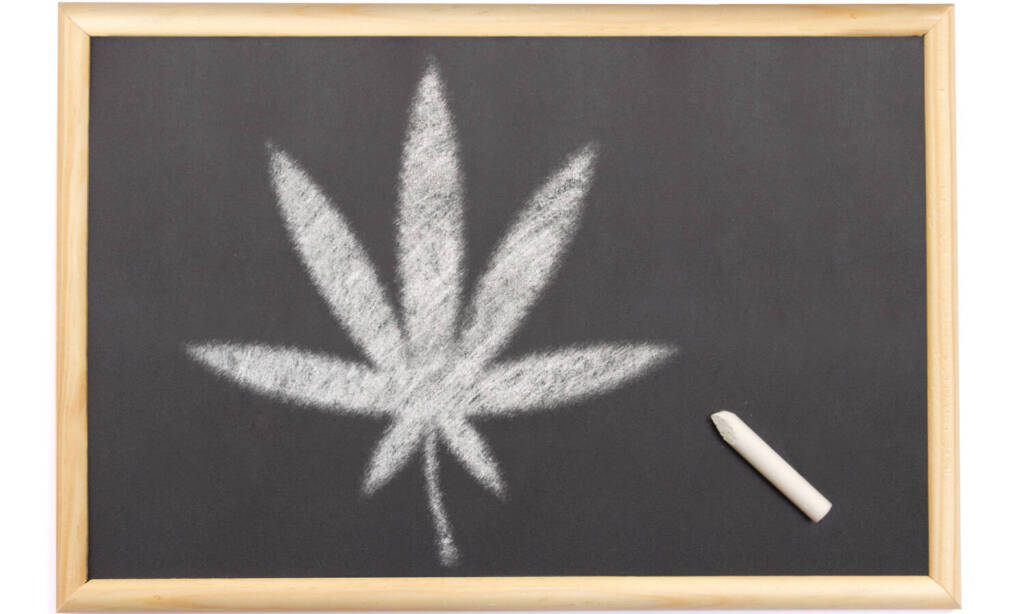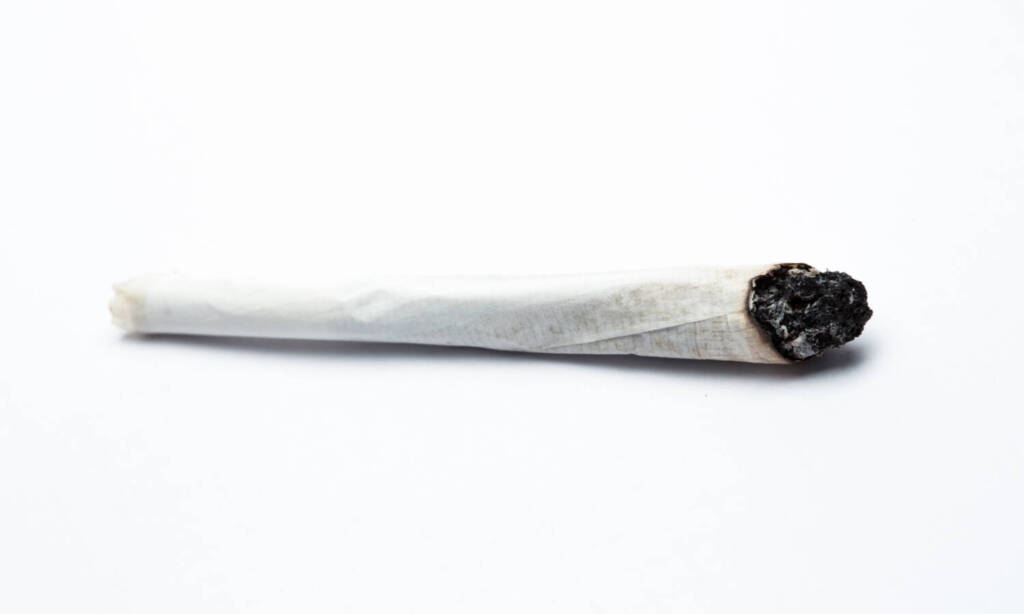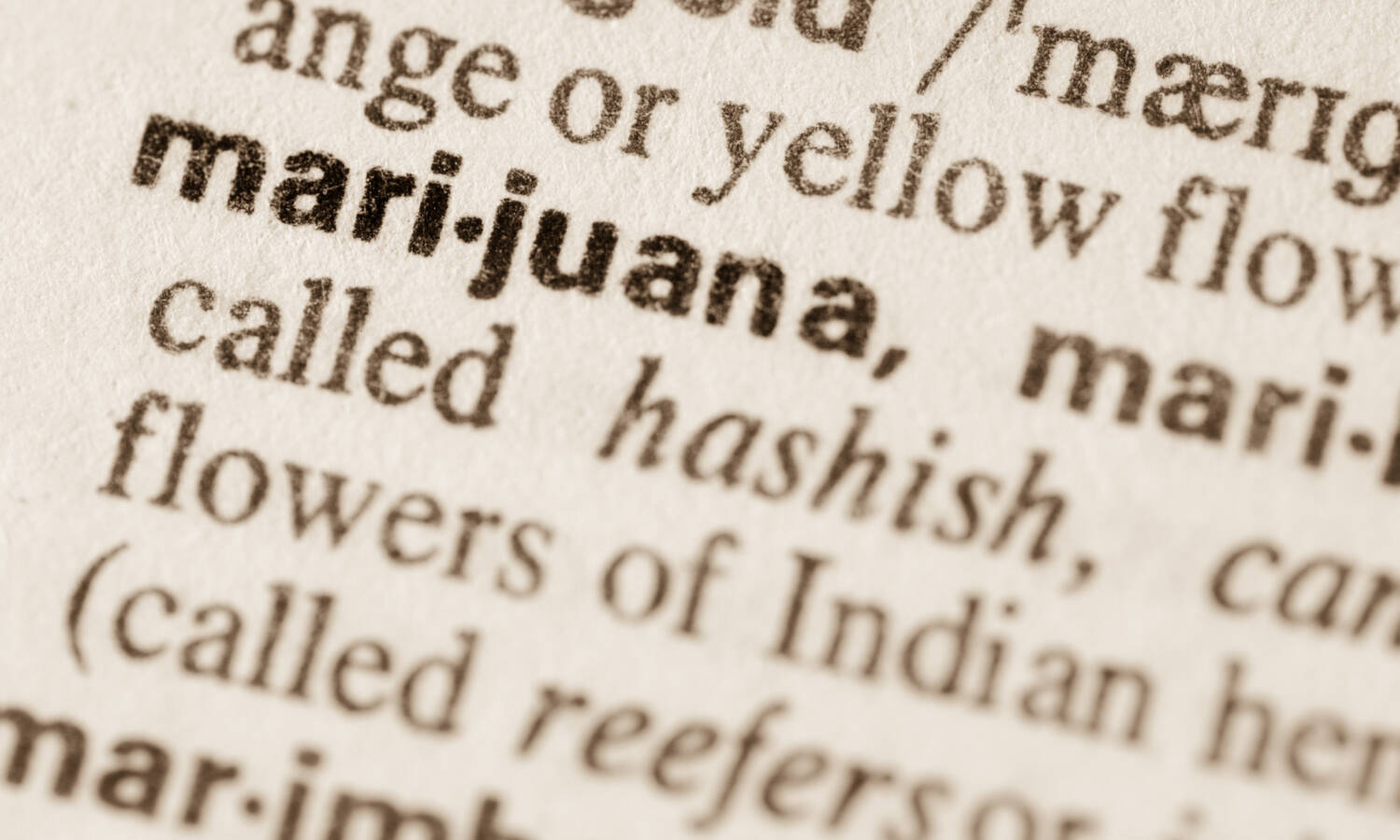Perhaps now as the country continues to legalize the substance, it’s time to say goodbye to marijuana and just stick to cannabis, the way we did before this whole marijuana madness began.
In recent years, society has shown interest in correcting centuries of historically hurtful symbolism and terminology. As people begin to dig deeper into this country’s often-problematic past, more and more words and phrases have revealed their racist origins.
There are a wide array of still-commonly used phrases that some suggest should be examined further. Common terms like “Black Market,” used widely in conversation about cannabis culture and all business, according to Reader’s Digest, is just one example of a phrase with racist roots. Even the term marijuana, a term so common and accepted that it has even found itself in modern legislation, is a word that many say should be canceled for good.
The word marijuana is the widely used term to describe cannabis that contains THC. However, it was not the first term Americans used to describe the psychedelic, and its origins are not at all scientific.

RELATED: Cannabis, Marijuana And Hemp — What Is The Difference, Exactly?
The creation of the word marijuana is rather dark, and altogether troublesome. “In fact, the term entered the national consciousness in 1937 when it was used by the federal government as part of an effort to discriminate against Latinos,” said Ángel Cruz, NHCSL President and Pennsylvania State Representative.
Before this fictitious and racially motivated campaign, cannabis was the most commonly used term to describe the then legal flowering plant. “The use of the term increased dramatically in the 1930s, when it was systematically employed by Harry Anslinger, the director of the Federal Bureau of Narcotics, who waged a three-decade long campaign against cannabis,” according to the Ottawa Citizen.
The term marijuana was popularized when politicians like Aslinger used the word to scare the American people into thinking cannabis was a dangerous substance used by violent minorities, hence the exotic sounding name.
“Fear of brown people combined with fear of nightmare drugs used by brown people to produce a wave of public action against the ‘marijuana menace,’” according to NPR. This elaborate fabrication clearly played to anti-immigrant and minority sentiment. These methods proved successful.
“That combo led to restrictions in state after state, ultimately resulting in federal prohibition,” the article continued.

This campaign may have occurred nearly 100 years ago, but it can be argued that its effects are still felt today. It is widely known that arrests associated with marijuana are racially disproportionate. “Despite roughly equal usage rates, Blacks are 3.73 times more likely than whites to be arrested for marijuana,” according to the ACLU.
RELATED: High Vs. Stoned: Is There A Difference?
Fear tactics and racism birthed the word marijuana, and also helped lead to it becoming illegal on a federal level, but the tide continues to shift. “Today ‘cannabis’ and ‘marijuana’ are terms used more or less interchangeably in the industry, but a vocal contingent prefers the less historically fraught ‘cannabis,’” wrote The Guardian.
Perhaps now as the country continues to legalize the substance, and society continues to want to improve upon its racist and problematic mistakes, it is time to say goodbye to marijuana and just stick to cannabis, the way we did before this whole marijuana madness began.


